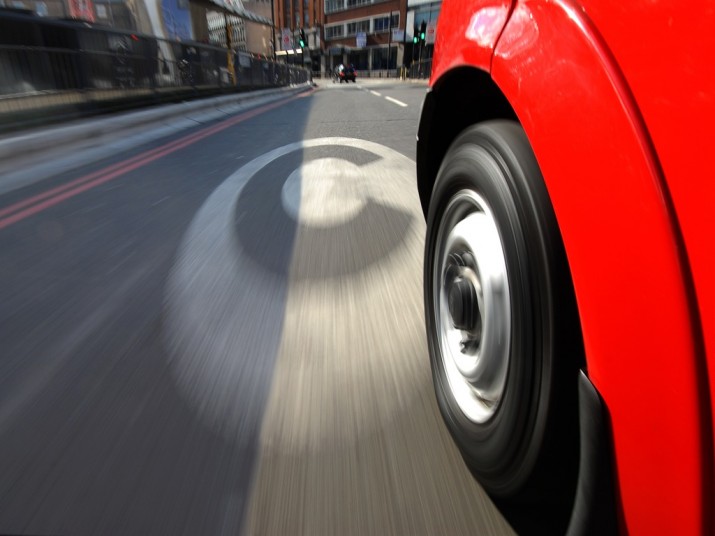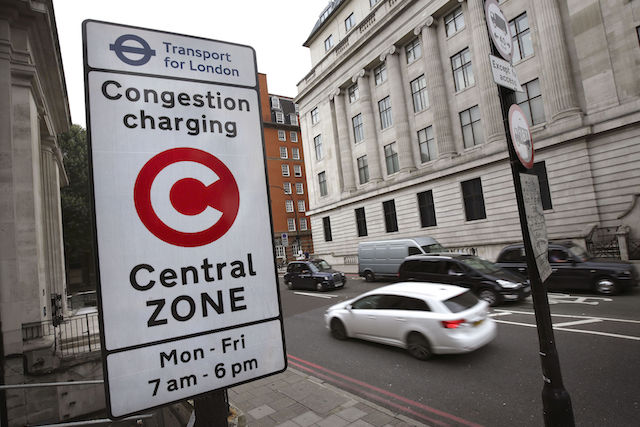
Almost £100 million was raised this summer as a consequence of hiking the charge to £15 and extending its operating hours into the evenings and weekends.
The revelation, from information obtained by Tory mayoral candidate Shaun Bailey, comes as Mayor Sadiq Khan is set to retain the “temporary” increases to help ease the financial crisis at Transport for London.
The Mayor’s share of council tax bills is also expected to rise from next April, potentially by an average of £30 to £50 per household, to help fund TfL.
A freedom of information request from Mr Bailey has revealed that C-charge income between May and September increased 44 per cent, from £68.1 to £98.3m, compared with the same period last year.
The number of fines issued to drivers for failing to pay the levy had more than doubled to 320,300 by the end of August.
Almost 100,000 of the fines, which cost £160 if not paid within a fortnight, had not been paid at the time the FoI was answered – meaning the full impact of the tougher C-charge on motorists will have been far greater.
